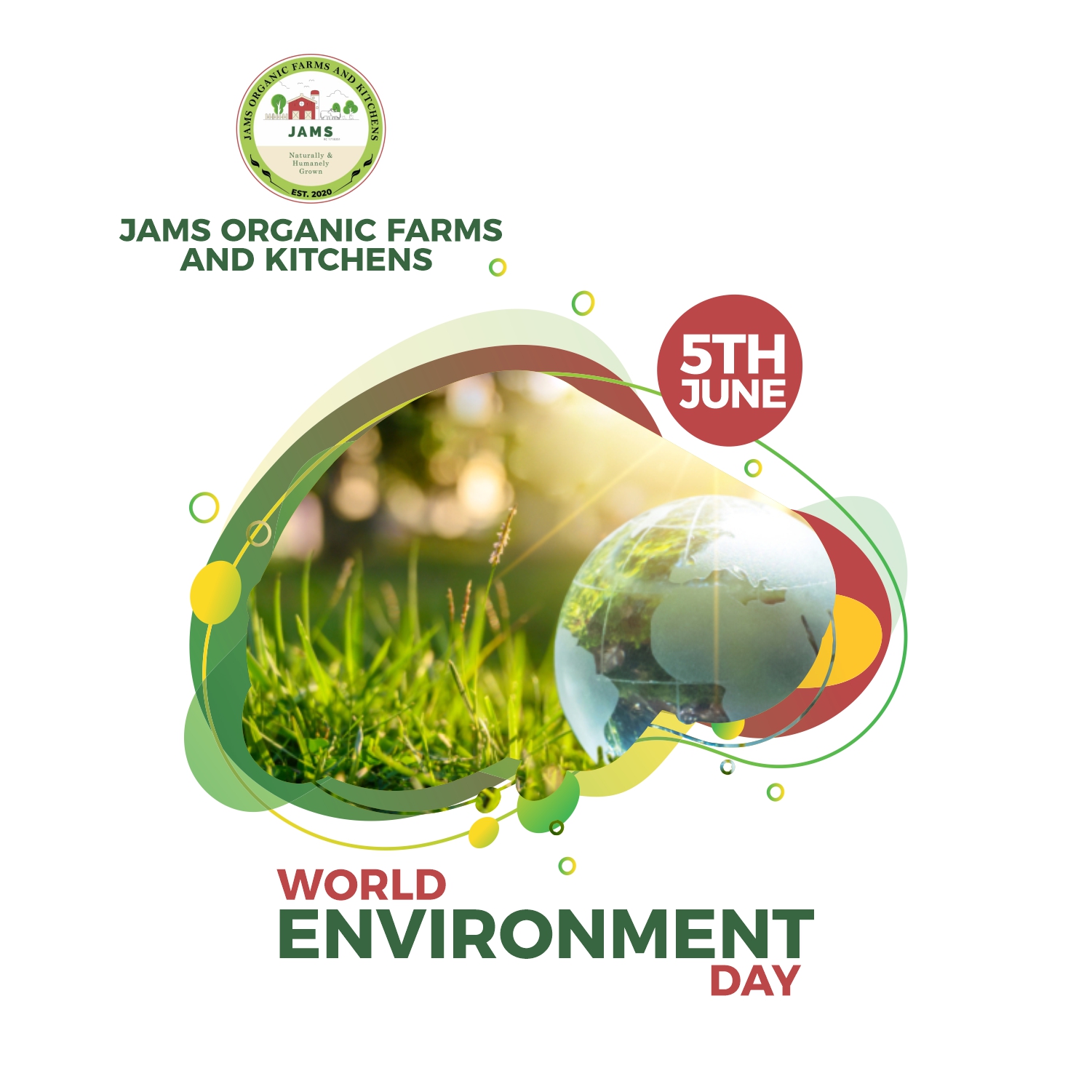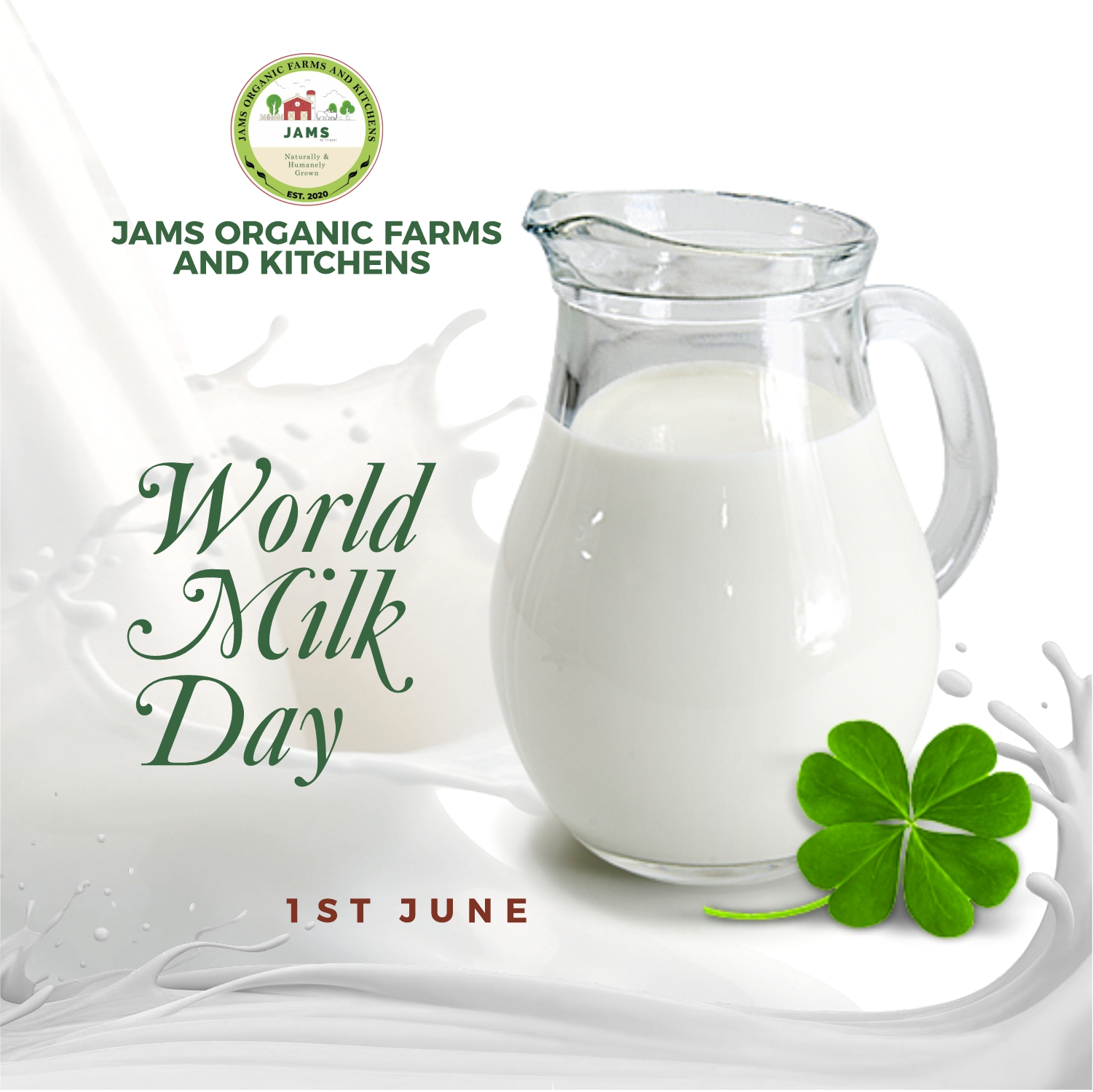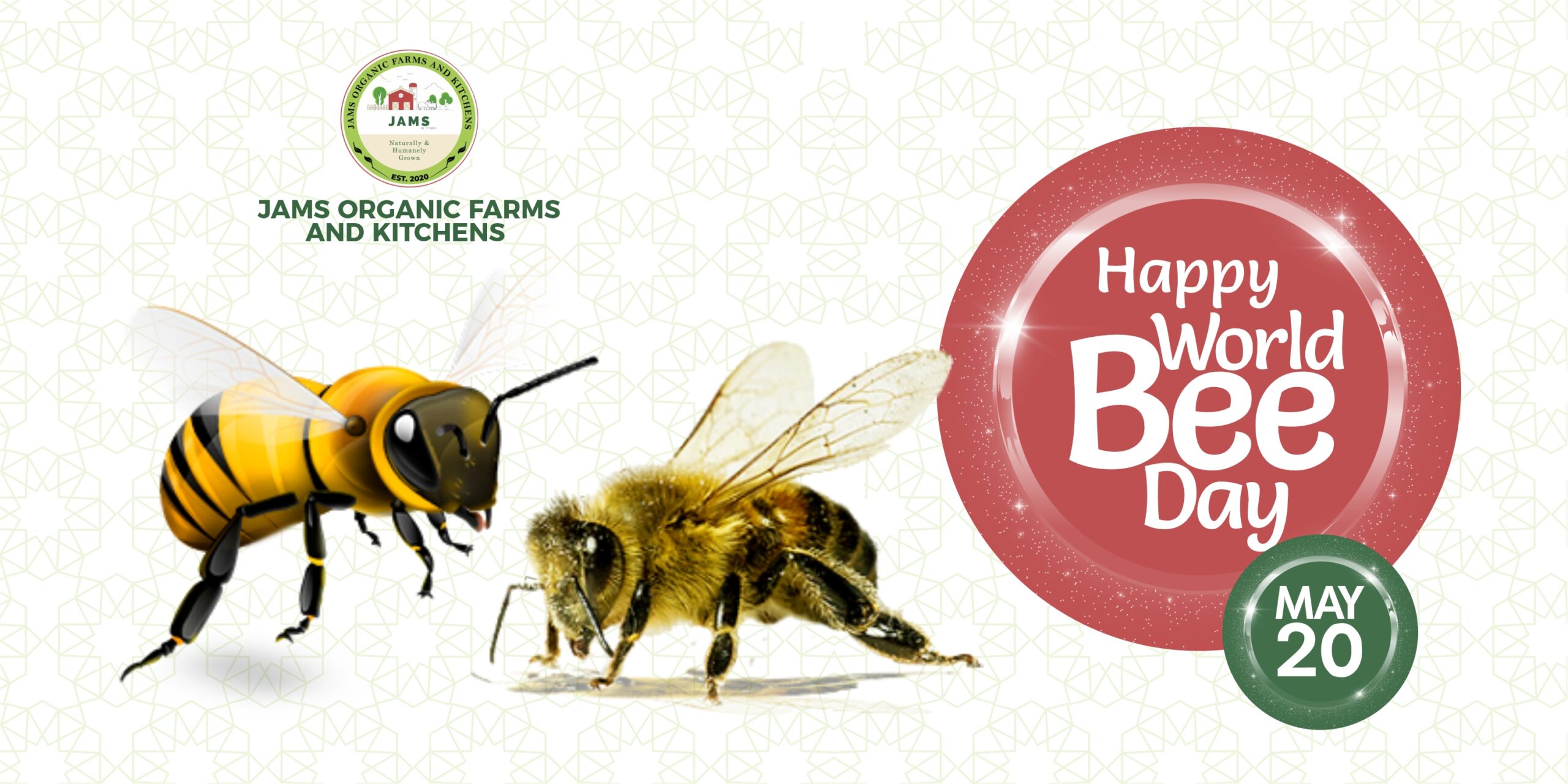When 2021 to 2030 is declared by the United Nations as the Decade on Ecosystem Restoration, we know that it is in response to the seriousness of the situation at hand. Our activities as a species are destroying our mother earth and her ecosystems and we are now in crisis!!
This situation calls urgently for a renewed understanding, commitment and actions to be taken by us all to make a change. No action in the right direction, by individuals, corporations and governments are too small; every little helps.
So what issues need attention:
Deforestation:
- To create our ever more expanding cities and farmlands, leading to the loss of natural habitats of our neighbors and, therefore, the rise of infections such as coronavirus; previously known only to wild animals, is spreading like wildfire among humans. We are losing our carbon sinks of forests and peatlands at a time that we need them the most.
Plastic pollution:
Non-degradable, polluting our oceans and waterways; endangering our sea creatures, and animals, and finding their ways into our foods, and contributing to disease burdens.
Desertification:
We keep cutting down trees mindlessly, our farming methods are creating lifeless giant dust bowls, the rains runoff, eroding the land because we leave our soil bare.
Global Warming:
Global greenhouse gas emission continues to increase with the devastating impact it has on our climate; we continue to see even more hurricanes, floods, and forest fires with consequent destruction of lives and properties.
Food wastage:
We are a very wasteful species; 40% of food that we produce ends up in landfills, that crooked carrot and the blemished banana still taste just as good.
What can we do about them:
We can support the global call for change, every one of us can make a difference, and when a critical mass of us can commit to change, every small action that we take will help create the positive result that we desire.
Take Personal Responsibility:
The only person whose action we can control is ourselves; we can choose to dispose of our waste properly, we can reuse, reduce and recycle by avoiding single-use items, by reducing our consumption, by recycling. Choose to buy local, and from only ethical companies, eat more plant-based food, chose fabrics from sustainable sources, minimize food waste by preserving appropriately and compost any leftovers. Plant a tree or more and we can all conserve our water use.
Stopping the use of pesticides:
As Farmers we can stop the use of chemicals and pesticides, we can farm more sustainably by growing varieties and intercrop, we can adopt no till or minimal tillage and we can grow more trees and make our farms food forests that encourage and sustain biodiversity.
Government policies:
As a Government, we can commit to sustainable sources of energy, invest in efficient waste management, conserve green areas that will perpetually remain undisturbed, ban single used plastics, and limit the importation of food, and finally; encourage peaceful coexistence and avoid wars.
We can all commit to make our immediate environment cleaner, we can all commit to doing something towards the Restoration of our Ecosystem.
#WorldEnvironmentDay
#ReimagineRecreateRestore
Liked our article? Please like share and subscribe. Thank you.


